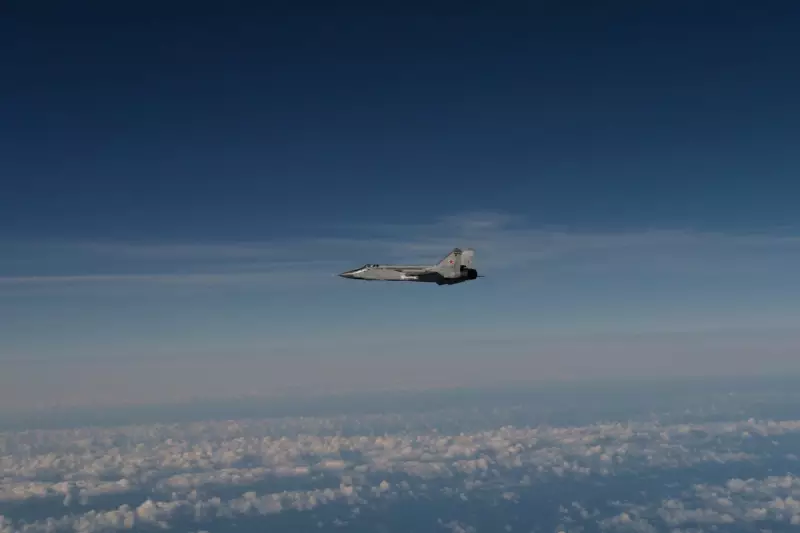
NATO forces were placed on high alert after a Russian missile launched during a massive barrage against Ukraine violated the airspace of member state Poland, a direct breach of the alliance's territory that has sparked urgent security consultations.
The incident occurred early on Sunday morning, with the Russian cruise missile spending 39 seconds inside Polish airspace near the village of Oserdów. Warsaw confirmed the violation and stated it would demand an immediate explanation from Moscow.
Massive Overnight Barrage Targets Ukraine
The airspace breach was part of one of the most intense aerial assaults on Ukraine in weeks. Russian forces launched a combined attack of 57 missiles and drones, targeting critical infrastructure across the country.
Ukrainian air defences performed heroically, managing to shoot down 18 of the incoming cruise missiles. However, the scale of the attack overwhelmed defences, leading to the westward stray of one missile into NATO territory.
NATO's Article 4 and the Response
In response to the serious incident, Polish Prime Minister Donald Tusk convened an emergency security meeting. The violation has triggered discussions about potentially invoking NATO's Article 4, which calls for consultations when a member's territorial integrity is threatened.
Estonian Prime Minister Kaja Kallas emphasised the gravity of the situation, stating: "This is yet another example of how the Russia's war against Ukraine continues to pose a threat to the entire Euro-Atlantic community. We support our ally Poland and are monitoring the situation closely."
Historical Context and Growing Tensions
This is not the first time the war in Ukraine has spilled into NATO territory. In November 2022, a missile strike killed two people in Poland, initially raising fears of a direct confrontation before it was determined to be a Ukrainian air defence missile.
The latest incident comes amid heightened concerns about Ukraine's ammunition shortage and Russia's increasing battlefield momentum. Western leaders have warned that the situation could deteriorate further without continued military support for Kyiv.
As NATO officials monitor the situation, the alliance faces critical questions about how to respond to repeated provocations near its eastern flank while avoiding direct escalation with a nuclear-armed Russia.





